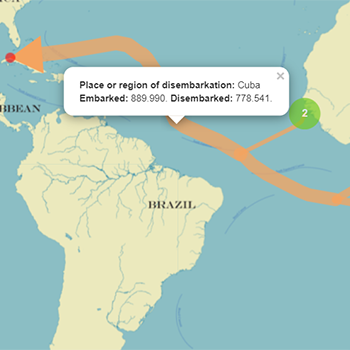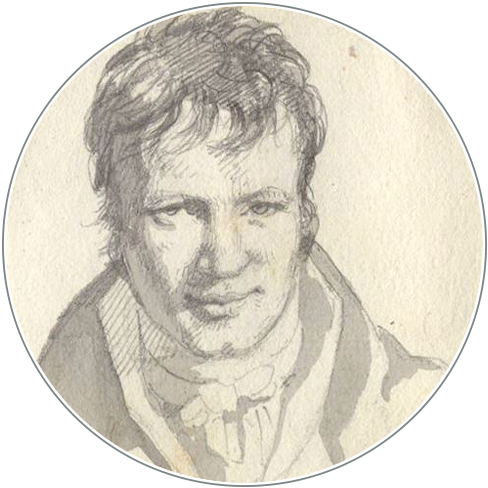Humanist, Wissenschaftler, Akteur?
Alexander von Humboldts Rolle im Jahrhundert der Massensklaverei
DOI:
https://doi.org/10.18443/356Schlagworte:
Sklaverei; Kuba; Haiti; Sklavenhandel; Abolition; Essai politique sur l'île de Cuba; Essai politique sur le royaume de la Nouvelle-Espagne; Amerikanische ReisetagebücherAbstract
Zusammenfassung
Der vorliegende Text versucht, das in der Humboldt-Forschung weithin bekannte und gut erforschte Thema „Humboldt und die Sklaverei“ biographisch neu einzuordnen und orientiert sich dabei an folgender These: Humboldt durchläuft in den Jahrzehnten nach Beginn seiner Reise durch die amerikanischen Tropen (1799–1804) verschiedene Phasen in der Beschäftigung mit dem Thema Sklaverei. Im Laufe dieser Phasen, die keineswegs einer chronologischen Ordnung folgen, sondern zum Teil parallel verlaufen, nimmt Humboldt verschiedene soziale Rollen an, die ihren Ausdruck in spezifischen Haltungen und Handlungen finden. In ihrer Summe zeichnen sie ein für das Verständnis von Humboldts Persönlichkeit typisches Psychogramm: ein selbstbewusster Moralist, ein rigoroser, beinahe kriminalistisch agierender Wissenschaftler, ein politisch zurückhaltender Akteur.
Abstract
This text seeks to reframe the widely known and well-researched topic of “Humboldt and Slavery” biographically and subscribes to a simple premise: In the decades following his voyage through the American tropics (1799 –1804), Humboldt goes through various stages in addressing the topic of slavery. In the course of these stages, which by no means follow a chronological order but run partly parallel, Humboldt assumes different social roles that fi nd expression in specifi c attitudes and actions. Taken together, they draw a psychogram typical for understanding Humboldt’s personality: a self-confi dent moralist, a rigorous scientist, a politically reserved activist.
Resumen
El objetivo de este texto es reclasificar desde un punto de vista biográfico el ampliamente conocido e investigado tema de „Humboldt y la esclavitud“ y se guía por la siguiente tesis: Humboldt pasa por varias fases en su interés por el tema de la esclavitud en las décadas posteriores a su viaje por los trópicos americanos (1799 –1804). En el transcurso de estas fases, que no siguen en absoluto un orden cronológico sino que transcurren en parte paralelamente, Humboldt asume diferentes roles sociales que se expresan en actitudes y acciones específicas. En conjunto, presentan un psicograma típico para comprender la personalidad de Humboldt: un moralista confiado, un científico riguroso, un actor políticamente reservado.

Veröffentlicht
Zitationsvorschlag
Ausgabe
Rubrik
Lizenz
Copyright (c) 2023 Tobias Kraft

Dieses Werk steht unter der Lizenz Creative Commons Namensnennung - Nicht-kommerziell 4.0 International.
Die Rechte der eingesandten Artikel bleiben bei den Autoren und werden unter einer Creative Commons-Lizenz (CC BY-NC 4.0) veröffentlicht. Alle bei HiN publizierenden Autorinnen und Autoren akzeptieren dieses Lizenzmodell.
Die Autorinnen und Autoren tragen die Verantwortung für das Einwerben der Bildrechte.
Die Rechte am Layout und Design der Zeitschrift sind nicht übertragbar und können nicht ohne vorherige Zustimmung von HiN in anderen Publikationen weiterverwendet werden.









